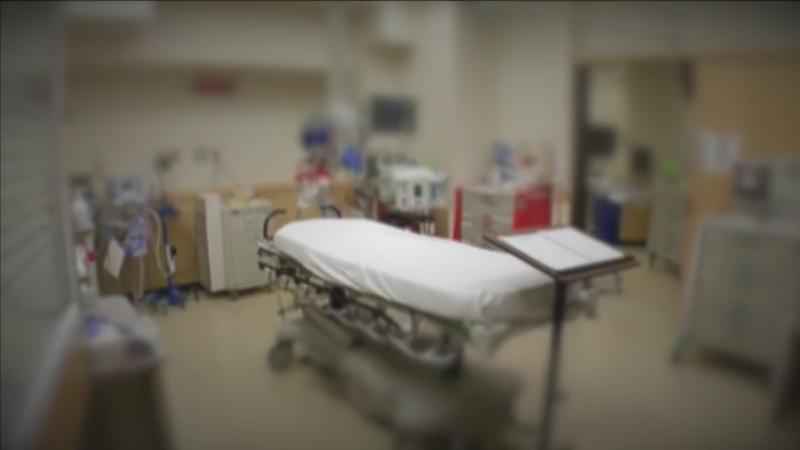Prolonged stress of pandemic causes healthcare worker shortages
[anvplayer video=”5047707″ station=”998130″]
Healthcare workers across the globe are experiencing prolonged stress from the ongoing pandemic, causing some to hang up their white coats for good.
“We’ve noticed an increased amount of retirements and then we’ve also noticed that some people are withdrawing from the labor market,” Marla Halvorson, Human Resources Director at St. Luke’s said.
Halvorson does not believe St. Luke’s is alone in this, as the state and nation experience a shortage of healthcare workers.
“What we are finding is that it is taking us a little longer to fill the positions than it normally does,” Halvorson said. “Many times that’s related to childcare and uncertainty over whether schools will be open this fall. People are holding off until making more permanent decisions until they have that information.”
Fortunately, there is help out there for healthcare workers who are struggling in the form of positive events at St. Luke’s like healthy eating challenges, walking challenges, massages and giveaways.

“They have been so resilient,” Eric Barto, Human Resources Director at St. Luke’s said. “I see them taking one day at a time and providing the best care to our patients that they can.”
Additionally, efforts are underway in the Northland to get the next generation involved in healthcare to combat worker shortages.
Just this week, the College of Saint Scholastica received a $525,000 grant from the Manitou Fund.
The grant will provide renewable $3,600 scholarships to over 30 nursing students who may not be able to become nurses otherwise.
“Students who otherwise wouldn’t be able to start at the college or even continue at the college to get their bachelorette degree in nursing,” Dr. Sheryl Sandahl, Dean of the School of Nursing said.
Sandahl said an emphasis on mental and emotional health is also part of the program.
“We do talk about self-care in our programs and talk about burnout and how you take care of yourself and if you are burnt out—recognizing that. That’s the important piece,” Sandahl said.
To qualify for the scholarship, students must have a current FAFSA on file, a GPA of 3.0 or higher, a documented unmet financial need of more than 25% and be interested in pursuing an undergraduate degree in nursing.
“We are very excited," Sandahl said. "Nursing is an awesome profession. There is so much you can do."
As time goes on, health officials continue to plead the public to get their COVID-19 vaccine to prevent hospitals and healthcare workers from becoming overwhelmed.
“We are doing all we can to encourage our community to get vaccinated,” Halvorson said.